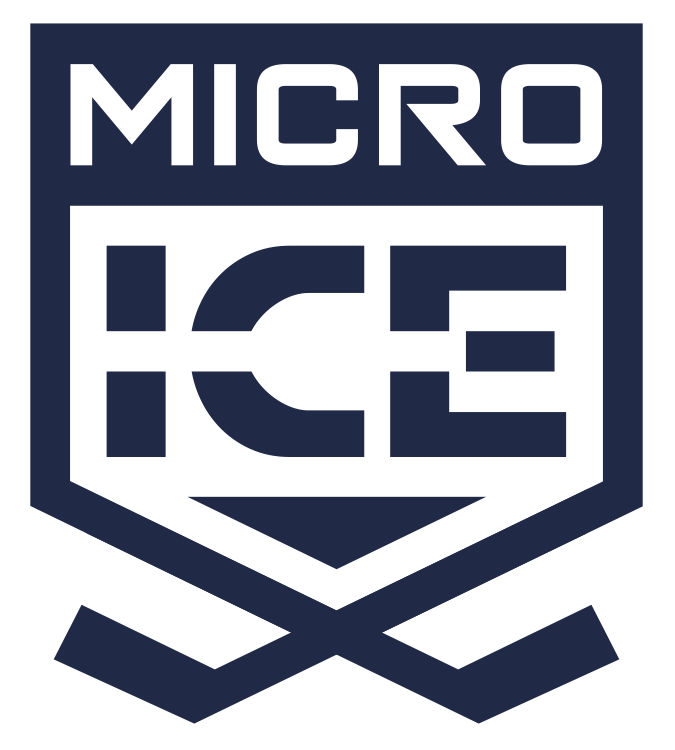JUNE 10TH, 2008
Skill in hockey is a very complex thing and there are so many aspects of hockey skills that people usually get confused with what really matters. Skating is one skill, which we can all agree on is a very important part. Then there is stickhandling, meaning quick hands and moves with the puck. Then there are puckhandling skills, not necessarily meaning quick hands, but what we like to call “soft hands” and the ability to make plays and keep your head up. Then there is shooting, which is another factor people usually tend to focus on. Lastly another skill is the ability to understand the game of hockey and “think the game”, which might be the most important one of them all.
For a parent (or a coach) hockey is a very tough sport to really understand because of all these components. I recently talked to a few people about this; one of them being Paul Vincent, legendary skill instructor and “hockey guru”, another being an NHL player who is a good friend of mine. Both agreed with me that most people even involved in hockey do not completely understand the game. They tend to over focus on one certain thing and they miss the fact that all the parts fit together.
For example, most parents start to understand the game and some of the basics quite easily, but they focus on just a couple of things and miss the most important parts. I hear this from parents all the time: “my son/daughter is pretty good, but he/she lacks speed”. My question to this is: is it really speed they lack or is it the ability to think the game quickly? Sometimes it might look as though a young player lacks speed, while what is really happening is he/she can’t think quickly enough to keep up with the game.
Hockey is a fast game, and there are constantly decisions that need to be made in a split-second.
A lot of time if a young player has not developed her/his muscle memory through repetition, they have to think while performing a skill, be it skating fast, changing direction, passing or shooting. Anytime they have to think about these things, they slow down and it looks like they are slow. So the parents come to me and say “I need you to make my son/daughter faster”! Well, it’s not that simple.
If your son or daughter is in elementary school, would you come up to the teacher and say: “Hey, my son/daughter isn’t that good at algorithms; I need you to teach him/her that!”? It doesn’t make much sense does it?
Can your son/daughter control their edges? Can he/she balance on one foot? Can he/she turn without losing speed? If not, then the best way to start is by learning exactly that.
A lot of coaches get frustrated with some of their players because “they don’t hustle enough”. They refuse to see (or do not have the ability to see) the fact that since they did not teach their players the game (the skill, the decision-making process, etc), their players can not think quickly enough and make decision quickly enough, so it looks as though “they are standing around”.
I don’t know much about football, and I admit it. I don’t know the skills, I don’t know the tactics and I don’t fully know the rules. I also don’t act like I do. The main reason for this is because I never played it growing up. My point being, if you never played hockey growing up and you were never involved in it, how can you know hockey and what your kid needs to work on? I don’t see how you can.
My advice to parents when they ask about different camps, instructors, etc. is usually: “go try it”. After awhile of going through different camps and different instructors and programs people start to understand that there is no secret ingredients to developing as a hockey player, there are no secret European/Russian/Swedish techniques and training methods, it’s just one thing: correct repetition over a period of time. If you sign your son/daughter up for a weeklong camp and there are 30 other skaters on the ice, how will he/she improve? If they don’t get stopped and corrected when they are not performing the skill correct, how will they get better? They won’t, that’s the answer.
So, next time you sign up for something, make sure you really know: What are the instructors credentials? Who (what kind of players) have they worked with and developed? And most importantly: Do they teach or do they just run drills?
